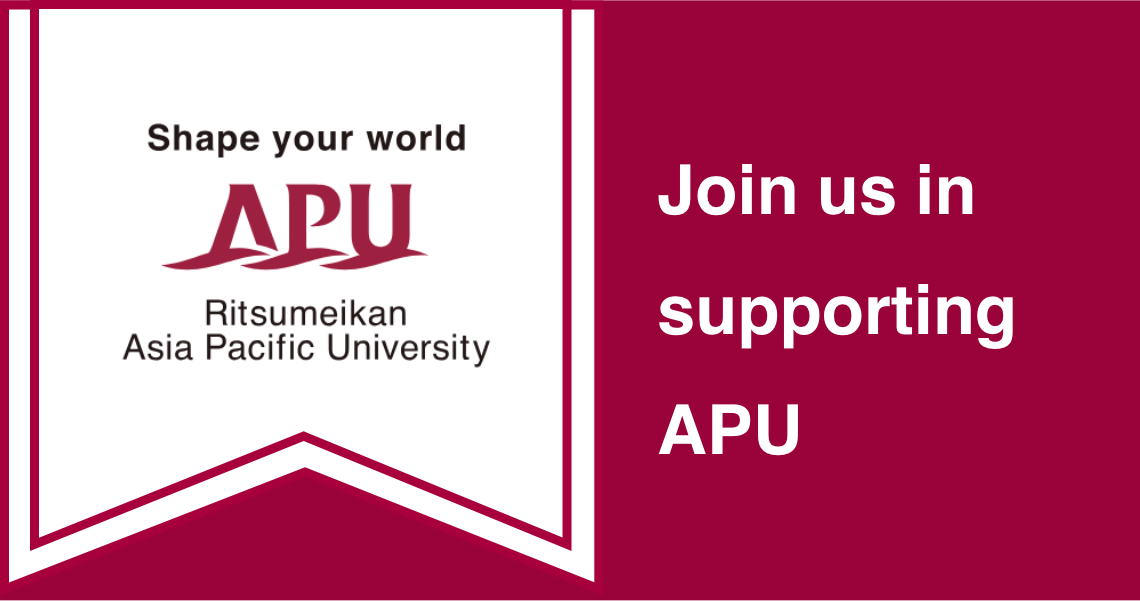
Internship-based
Problem Solving Program
APU students and alumni will collaborate to launch a problem-solving program to tackle global issues.
Today's society faces urgent and critical issues such as climate change, education, conflict, food security, refugee assistance, and natural disaster response. The goal of this program is to explore practical solutions to these problems.
This program is student-driven, and with the support of alumni, aims to deepen students' understanding of social issues and propose solutions through actual research.
This is your chance to work with alumni on the "questions" you want to solve!
Outline of Application
Image of collaboration
Role
- Problem/issue Setting
- Selection of Partners from the Alumni List Application Preparation
- Research Activities Prepare Survey Report
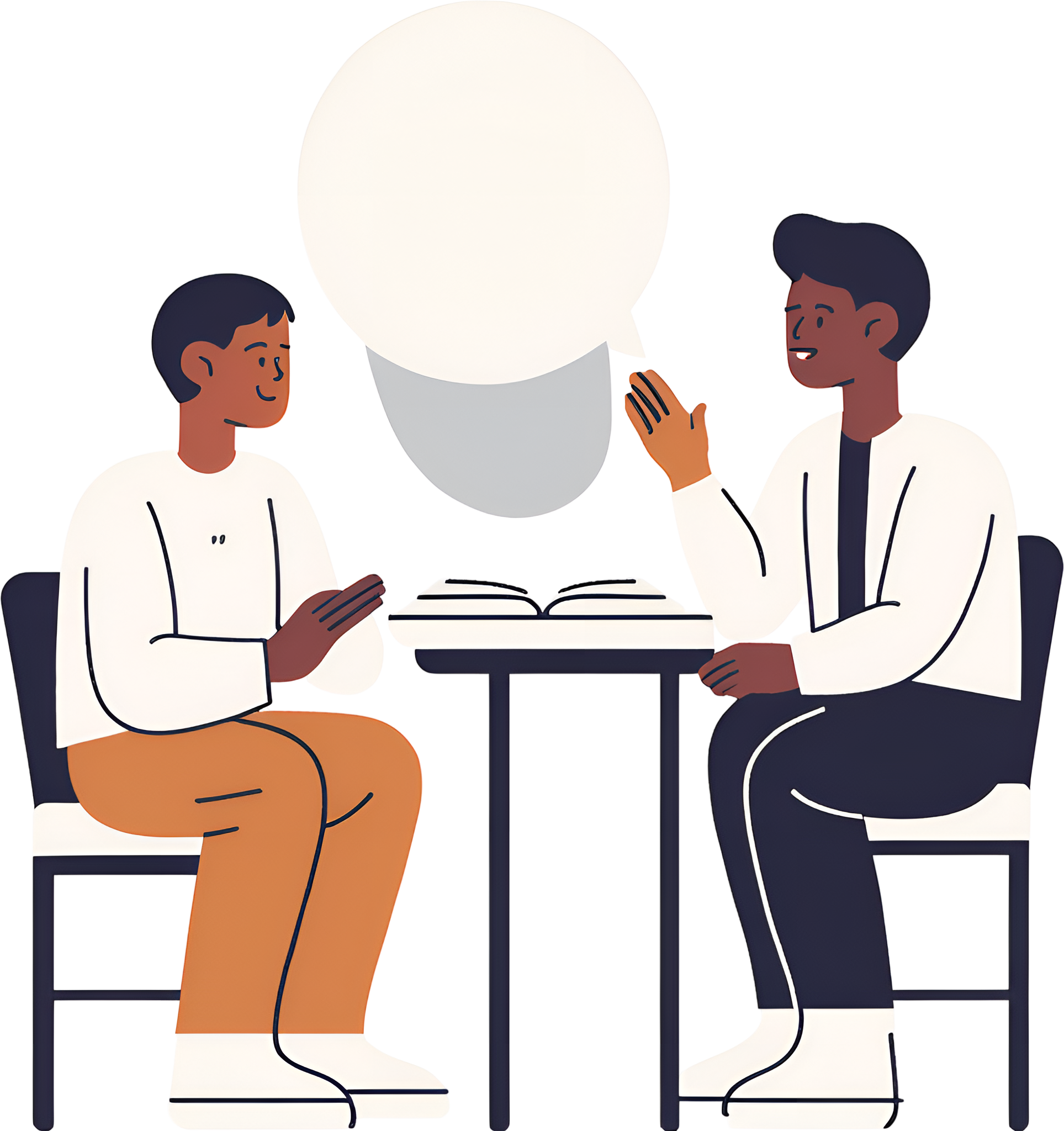
Role
- Advice for Current Students Acceptance of internship at your organization
- Guidance on report writing Lecture
Applications for fiscal year 2024 have been closed. The next call for applications is scheduled for October 2025.
Contents of Support
- The program supports students and alumni to formulate questions about global issues such as climate change, education, conflict, food, refugees/displaced persons/foreign human resources acceptance, and natural disasters, and to research and solve problems for a single project.
- Support will be provided for the joint implementation of research projects by students and alumni.
Application Requirements
- The program must be conducted by at least two people consisting of undergraduate and graduate students enrolled at APU and alumni.
- Undergraduate students: must be in semester 1~7; Graduate students: must be enrolled through the next semester.
- Current students should choose a partner for their survey from the participating alumni list.
- The survey or activity should be conducted by students and alumni toward the same goal.
- Alumni must participate in the project as an individual activity.
- The project must be newly launched.
- Collaboration with national and international universities and research institutions is encouraged.
- Applicants must not have applied for the "Event/Project Support Program B" that is offered at the same time (no double applications allowed).
Funding Amount
The maximum amount will be 500,000 yen per organization/individual. Project activities are expected to last half a year.
Application Schedule
- Applications will be accepted in October. Deadline for application screening is October 31st.
- For the time being, we expect to recruit once a year.
- We plan to support up to two organizations/individuals each period.
- Matching interviews with current students and alumni who wish to collaborate will be conducted during the application screening period.
- Only groups that have been matched will pass the document screening process.
- Applicants who pass the document screening will be notified of the results within three weeks of the application deadline.
- Applicants who pass the document screening (for students and alumni respectively) will be invited to give a presentation for final selection.
- Final successful applicants will be determined in early December.
Recruitment Method
We will announce and accept applications via Student Portal by the early October. Based on the selection criteria, please submit your activity plan using the application form.
Selection Method
The APU Alumni Association Support Change Makers Fund Steering Committee will determine the the successful applicants to be donated from the following perspectives, taking into overall consideration the criteria in Application Requirements.
| a) | Project Goals and Description: Students and alumni students will be evaluated on whether the goals of their proposed project are clear, socially significant, and highly feasible. |
|---|---|
| b) | Alumni Student Mentorship: Alumni will be evaluated to serve as mentors to students to help them achieve the goals of the research project. |
| c) | Social Impact and Sustainability: Assesses whether the project is sustainable and has the potential to have a social impact in the future. |
| d) | Student Leadership and Contribution: assesses whether the student is expected to demonstrate leadership of the project and work collaboratively with team members and stakeholders. |
| e) | Student Learning and Growth: Evaluate the extent to which the project contributes to student learning and growth. |
| f) | Budget Adequacy: Examine whether the proposed budget is commensurate with the goals and content of the project. |
Selection Process and Schedule
Dates are approximate.
| Schedule | Contents |
|---|---|
| During October | Application Period |
| Early to mid-November | Application Screening Period |
| Mid- to Late-November | Matching Interviews with Alumni and Current Students |
| Last week of November | Final Presentation |
| Early December | Announcement of results |
Payment
In principle, the actual expenses for activities will be reimbursed based on receipts within the maximum amount of 500,000 yen.
However, in cases where large advances are required and the burden on the organization is heavy, or for items that require prompt payment externally, such as honoraria for lecturers, the University may pay based on prior consultation.
Expenses that directly result in business income, whether personal or corporate, are not eligible for reimbursement.
The reimbursement period will be divided into the first and second half of the fiscal year, and the university will reimburse the adopters/organizations.
After submitting the necessary documents (activity report, expense reimbursement form, and receipts), the funds will be transferred to the designated account within approximately one month.
| Expenses eligible for reimbursement | Transportation expenses (in principle, local transportation expenses for current students are not covered) |
|---|---|
| Lodging expenses | |
| Lecturer gratuities | |
| Fees for the use of databases necessary for research | |
| Expenses not eligible for payment | Food and drink expenses |
| Entertainment expenses (e.g., souvenirs) | |
| Postage/communication fees | |
| Conference membership fee | |
| Other items deemed ineligible for subsidy by the APU Alumni Association Support Change Makers Fund Management Committee |
Publication of Results
Upon completion of the activities, you are required to submit a report and present the results to the donors (including the APU Alumni Association Support Change Makers Fund Secretariat and the Alumni Association).
Other
- Donors are also required to participate in the results debriefing session for which they are eligible and submit an implementation report.
- The information will be posted on a special website, Instagram, Note, etc.
List of Participating Alumni
FY2024 (This may change for the FY2025 recruitment.)
NAGANO, Yuta (College of Asia Pacific Studies, Spring 2013, Japan)
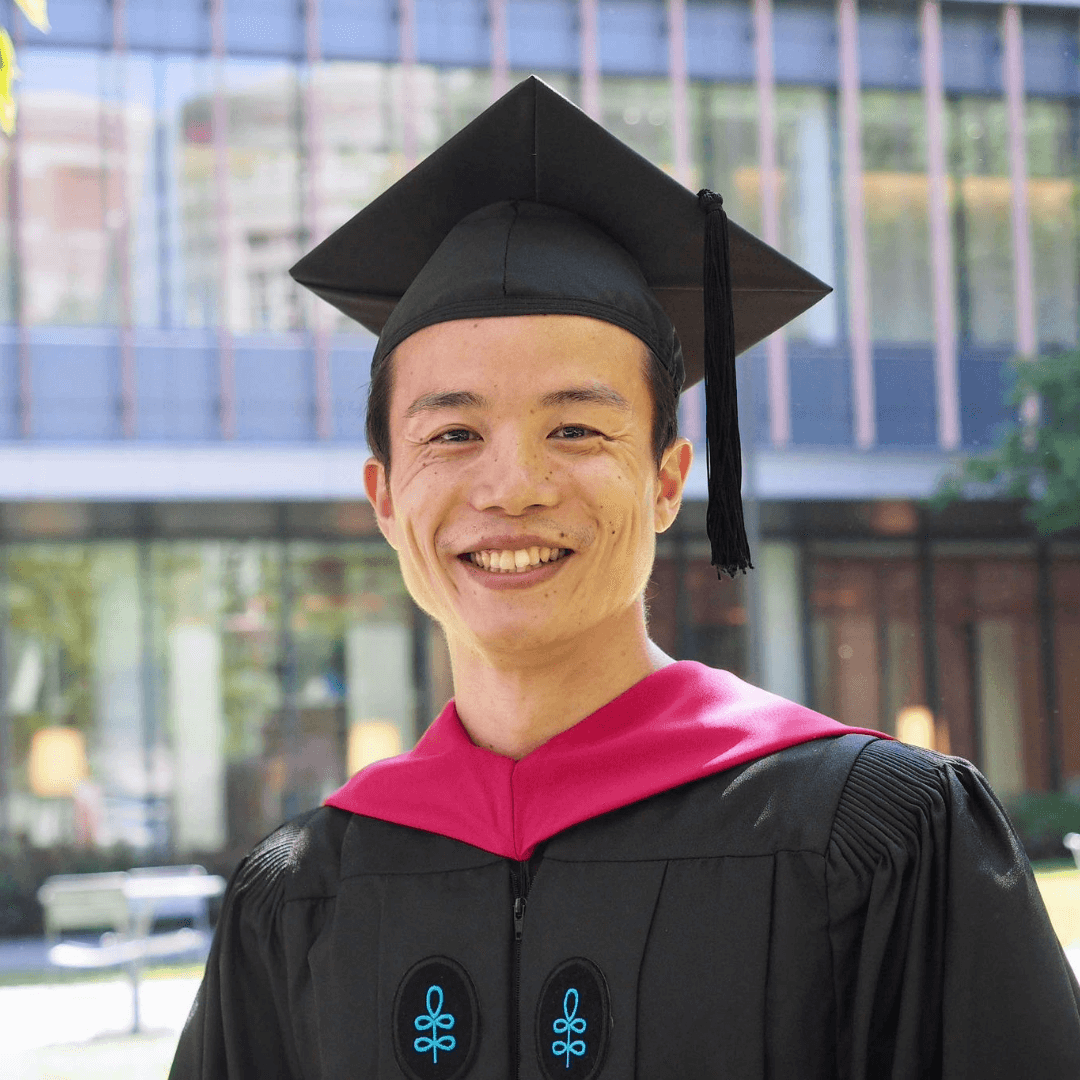
Founder and CEO at Digicro Pte Ltd
Leads the strategic direction and growth of Digicro, pioneering financial inclusion through an innovative mobile app for microloans, buy-now-pay-later services, and a marketplace. Under his leadership, the company's app has achieved over 2 million downloads and 100,000+ registered users.
Globally, around 1 billion people lack access to financial services, and in Cambodia, 40-50% of the population remains unbanked. Many face barriers to borrowing due to the lack of collateral or guarantors, which are typically required in traditional lending processes, making it difficult to engage in economic activities. Digicro addresses this issue by offering instant credit assessment via smartphone data.
Previously co-founded another startup after acquiring valuable experience in Cambodia, spending nearly three years in microfinance and real estate fund management. The professional journey began with a brief tenure at Sumitomo Mitsui Banking Corporation. Early insights into microfinance were developed during an internship at Grameen Bank.
Holds a Master’s degree in Public Administration from Harvard Kennedy School, completed in 2024, and a Bachelor’s degree from Ritsumeikan Asia Pacific University (APU), earned in 2013. During undergraduate studies, broadened international perspectives through an exchange program in the UK.
【Areas of possible accompaniment】
Fintech, field research in Cambodia, etc.
【Contents of Support】
Career support such as internships, mentoring, graduate school abroad, entrepreneurship, etc.
【Web site with details of activities, etc.】
https://speanluy.net/
SHARAD, Rai (College of Asia Pacific Studies, Spring 2011, Nepal)
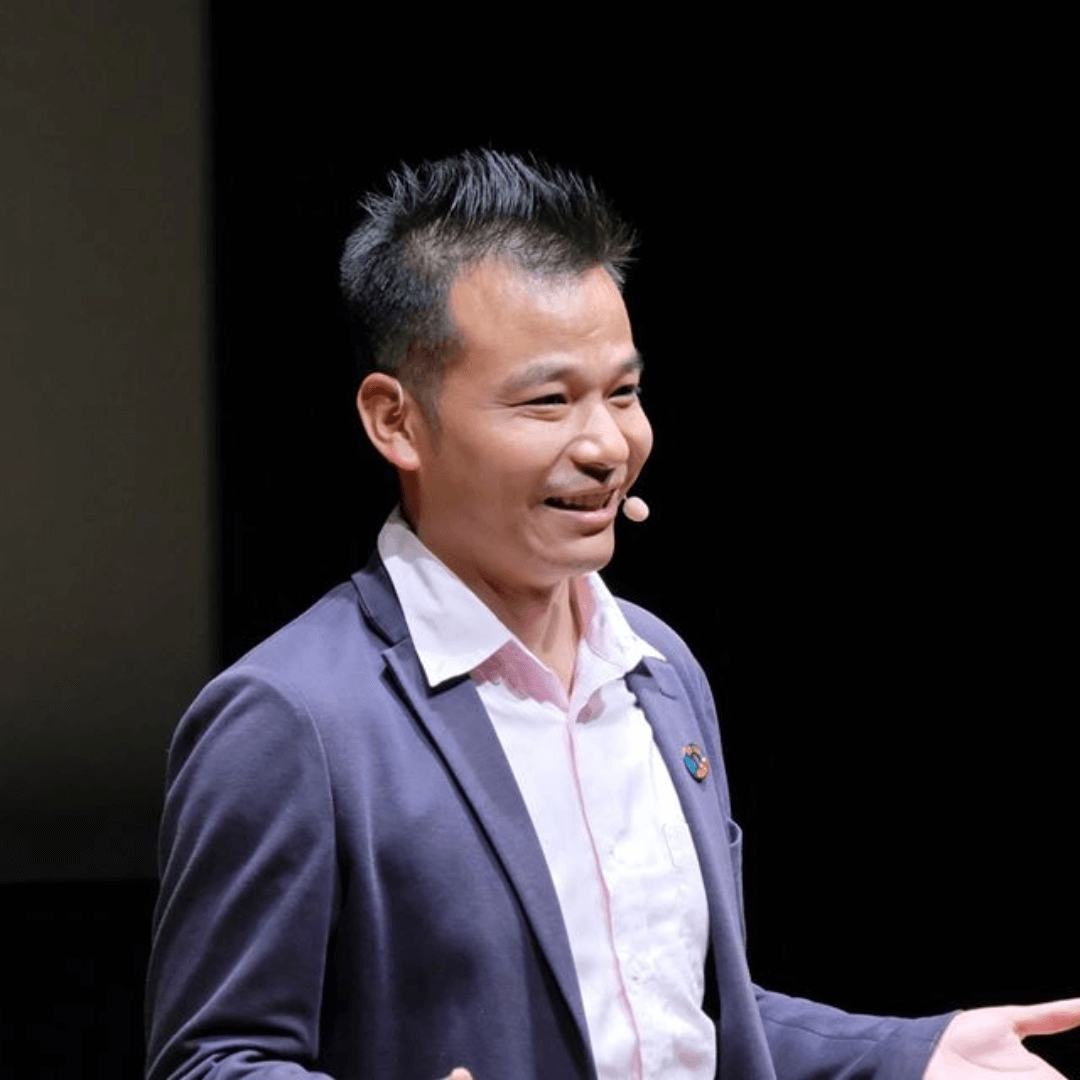
After graduating from APU in 2011, Rai pursued further studies at the University of Tokyo Graduate School. He began his professional career at SoftBank Corporation in 2014, where he worked in developing innovative new businesses. In 2019, he enrolled at the University of Tokyo in a PhD program.
While at APU, Rai established YouMe Nepal, an NPO dedicated to improving education in his homeland. Driven by a vision to give back to Nepal, he founded YouMe School in 2011. Today, the two YouMe Schools are providing quality education to over 800 students. Planning to establish YouMe Institute of Technology (YouMiT), a tech college in 2028.
With a vision to create an IT industry in Nepal—a landlocked nation that has yet to experience industrialization—Rai founded an IT company in 2020, with offices in both Kathmandu and Tokyo. He is now leading four companies, committed to transforming Nepal’s tech landscape.
【Areas of possible accompaniment】
Education, entrepreneurship, international cooperation
【Contents of Support】
Accept interns at YouMe School.
Local support in Nepal
【Web site with details of activities, etc.】
https://youmenepal.org/
https://tai.com.np/
ONO, Yana (College of Asia Pacific Studies, Spring 2008, Ukraine)
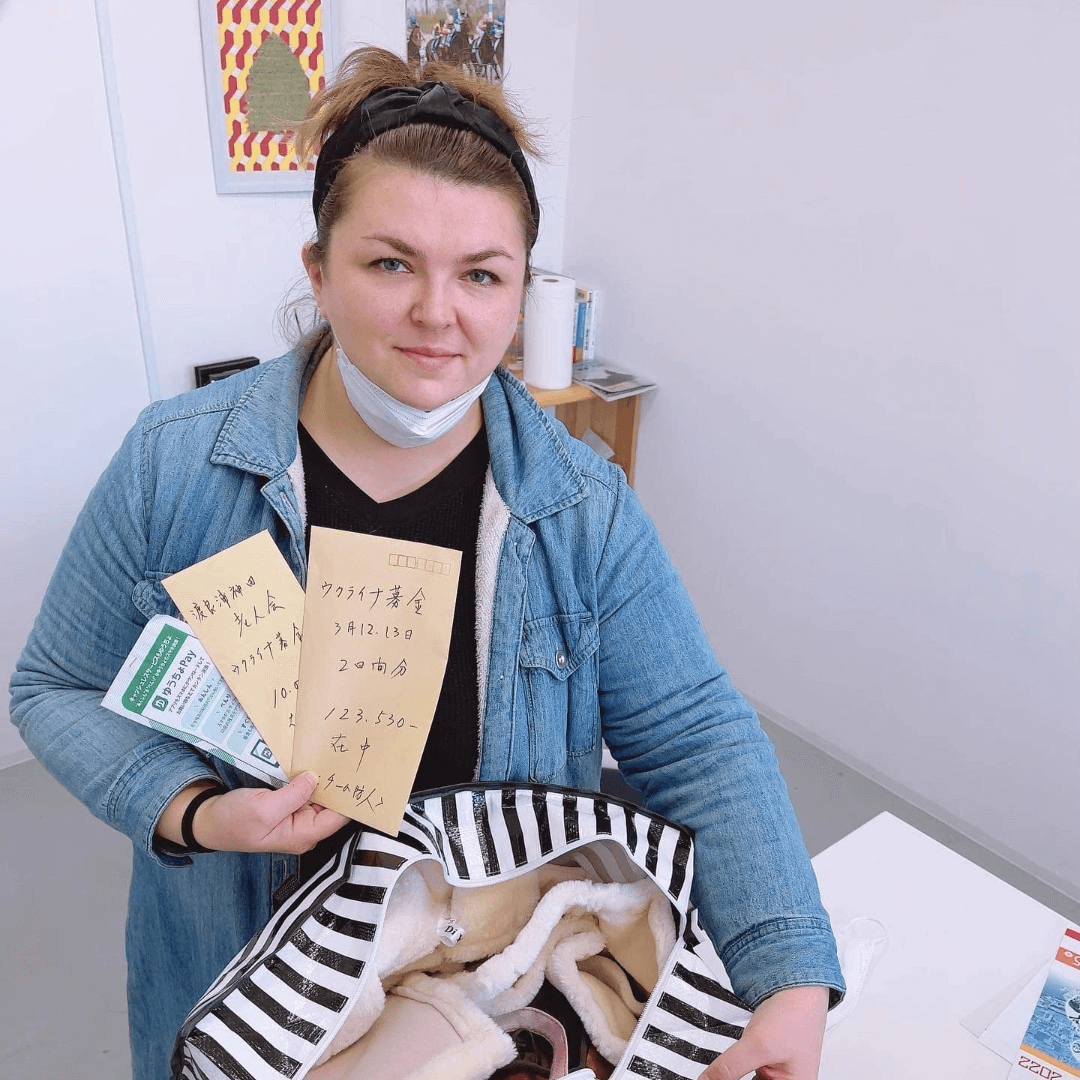
My name is Yana. Originally I am from Ukraine, but for about 20 years have been living and working in Japan.
I graduated APU at 2008. And thanks to the university, I could not only learn about Japan, but also made lots of friends all over the world. After I graduated APU in 2008, I worked for several years in Yokohama, in a car exporting company. And later my family decided to return to Kyushu again. When we lived in Nagasaki, I started to help to disabled people in different countries and made my own NPO witch is called Beautiful World. After the war begun in Ukraine in 2022 I decided to help several Ukrainian families to evacuate to Japan by using my NPO.
Since Beppu city was the first to agree to help me accept and process refugees in 2022, I moved here from Nagasaki with my family to continue helping refugees adapt to life in Japan on the spot, and also work on other projects in Ukraine.
I am currently working on creating a Ukrainian center in Beppu, and creating a rehabilitation center in Ukraine. I would also like to help with the restoration of homes for people whose homes were destroyed by the bombing during the war.
【Areas of possible accompaniment】
Social issues
【Contents of Support】
I can provide necessary information, guide during the research, propose interesting and working ideas.
【Web site with details of activities, etc.】
www.bwnpo.org
How to apply
Application form
Applications for fiscal year 2024 have been closed.
Attachments Format
Documents to be attached to the application form can be downloaded below.
*Only if you are applying for more than one person

For Inquiries
If you have any questions about the details of the program or the application documents, please contact the following office.
Ritsumeikan Asia Pacific University
Outreach and Research Office (Bld. A, 2nd floor)
APU Alumni Association Support Change Makers Fund Secretariat
E-mail: giving@apu.ac.jp

